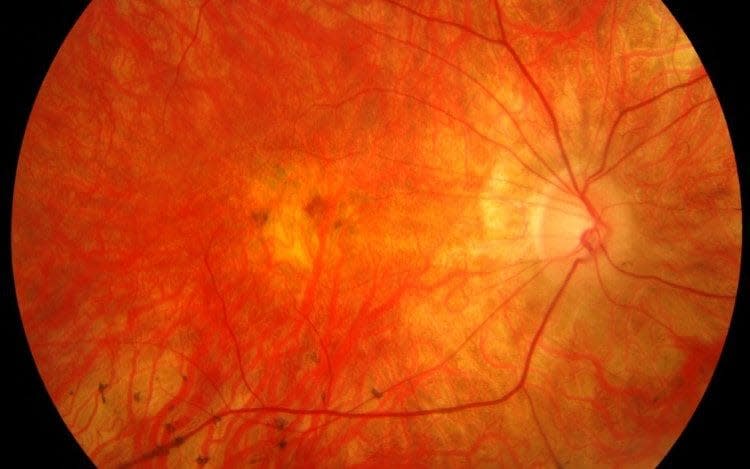Patients are going blind because of long NHS delays, investigators warn

Patients are going blind because of long waits to see eye doctors, NHS investigators have warned, after a 34-year-old woman was left unable to ever see her baby.
Watchdogs warned that 22 people a month are suffering severe or permanent sight loss, amid as the health service struggles to cope with rising demand.
The Healthcare Safety Investigation Branch (HSIB) said delays across the NHS were having a “devastating” impact.
Its report highlights the case of a mother of three, who was unable to properly care for her young children – and never saw her baby.
The un-named patient went blind after successive appointment delays over 13 months at University Hospital Southampton NHS Foundation Trust.
A review found that 4,500 glaucoma patients suffered delays at the trust – including 16 who went blind.
Charities warned that a growing national crisis was leaving patients in danger.
Last month a national report found that one in three NHS trusts with ophthalmology departments had delays affecting at least 500 patients over the year – amounting to more than 20,000 patients forced to wait.
The HSIB report said the woman had first visited a high street optician in June 2016 after noticing that her vision was getting worse.
She was diagnosed with glaucoma and referred to the local hospital eye service for an urgent assessment.
But she suffered delays over 13 months, during which she saw seven different doctors, including trainees and locums who did not ensure the case was escalated – leading to further sight loss.
The HSIB report said: "Following a review of the patient's care, it was agreed that there had been missed opportunities to preserve her already limited sight, and that this had left her significantly disabled and unable to lead a normal life.
"The patient's current consultant confirmed that, in her opinion, the patient's disease progression would have been prevented had she been seen and treated in a timely way."
The woman was eventually registered as severely sight impaired. She has since been awarded £3.2 million in compensation from the trust.
The HSIB said around 22 patients per month suffer severe or permanent sight loss as a result of delays.
The investigation found inadequate national hospital eye service capacity to meet demand for glaucoma services, and recommended better ways of working.
It said its findings related to glaucoma patients but are "likely to be applicable to follow-up of patients with other eye conditions".
Mike Burdon, president of the Royal College of Ophthalmologists, said: "We have been campaigning for some time on how the delays to follow-up appointments results in the loss of vision for patients.
"With demand for ophthalmic services predicted to rise by more than 40 per cent over the next 20 years, urgent action is needed,” he said.
Keith Conradi, HSIB's chief investigator, said: "Glaucoma is the world's leading cause of irreversible blindness.
"We know that the delay to appointments once patients are diagnosed exacerbates the risk of sight loss in patients across England.
"Our case highlighted the devastating impact; our patient has suffered immeasurably, living with the effects each day, including not being able to see the faces of her young children or read books to them.
"Despite some national recommendations being made 10 years ago, this continues to happen and will only worsen as the population ages – a 44 per cent increase in the number of people with glaucoma is predicted by the year 2035."
Helen Lee, policy and campaigns manager at the Royal National Institute of Blind People said: "This report has brought vital attention to a serious and dangerous lack of specialist staff and space in NHS ophthalmology services across the country.
"We know that thousands of patients in England are experiencing delays in time-critical eye care appointments, which is leading to irreversible sight loss for some, but suggestions on how to tackle the problem have been continually ignored.
"Without immediate action, the situation will only continue to deteriorate as the demand for appointments increases."

